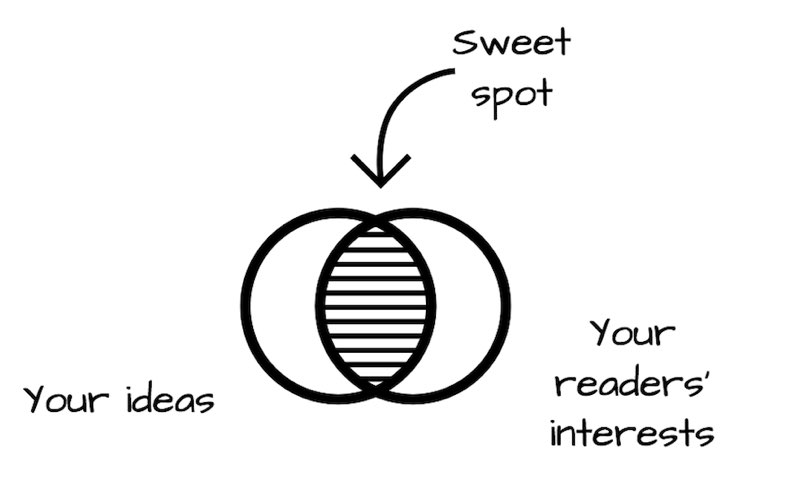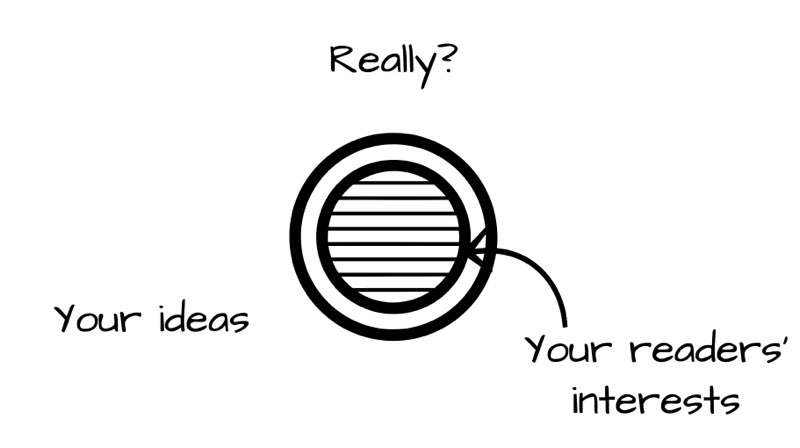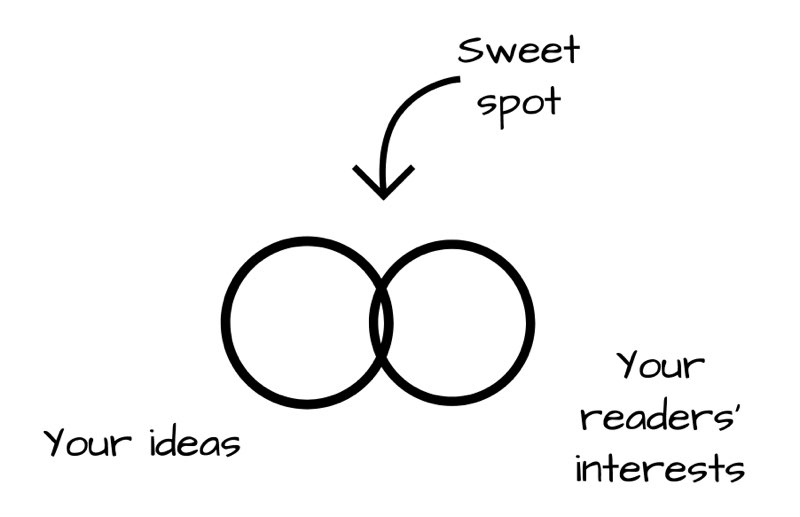Introduction
Can you name your favorite nonfiction booksthe ones that explain complicated topics or shift your perspective while holding your interest?
If youre always prowling the nonfiction lists for undiscovered gems or leafing through magazines for fresh and fascinating topics, then you know the joy of reading a book, blog post, or article, and gaining new insights about the world. Sometimes you encounter answers to niggling questions you didnt realize you had.
You also know the disappointment of diving into an article or book with high hopes, only to get lost, confused, or bored partway through, putting it aside with resignation and the thought that life is too short.
Whats going on here? Why are certain writers so effective at connecting with us and explaining complicated and unfamiliar topics, while others leave us cold?
Clearly, individual tastes come into play. Your list of favorite authors, journalists, and explainers wont match mine. Skim the Amazon reviews of any best seller and youll find that no author resonates with every reader.
Yet some writers delight a broad audience, even when covering fields like finance, astrophysics, cognitive science, or medicine. They are masters at explaining complicated topics to non-expert readers. We cherish those writers who guide us through the unknown; they become friends and teachers we return to for insight.
What makes their writing different? Why does it connect with us? And how can we, as writers, try to be more like them?
What Works
Determining what works in writing is a highly subjective exercise. To paraphrase the famous saying about pornography, I cant define effective writing, but I know it when I read it.
In doing the research for this book, I started by surveying the writers I find particularly engaging and successful. A few are specialists in their fields who succeed at writing accessible books for a general audience; others are journalists or nonfiction authors who specialize in explaining complexity for the rest of us. Were these writers born with exceptional written communication skills? Probably not.
What if we could join their ranks, or at least get closer to their results?
I dissected these authors writing strategies to tease out what they did. To offset my own biases, I interviewed many nonfiction lovers about their strategies and favorite writers. Despite the diversity of styles and subject matters represented, the same methods and techniques appeared repeatedly: stories, explanatory analogies, skillful use of details, figurative language, repetition, and more.
Could it be that simple? To use a term from the technology industry, could we reverse-engineer effective nonfiction writing?
I dont think its quite that easy.
Its Not About the Words
A piece of writing succeeds or fails not on the page but in a readers head. To increase the impact of your nonfiction writing, focus beyond the words and topic, on the minds of the readers.
If you have spent years agonizing over word choices and polishing prose, this advice may trigger an uncomfortable shift in perspective. Its humbling or distressing to think that those words you have slaved over may have slid right past glazed-over eyes. Your success depends on other peoples comprehension.
To visualize this concept, imagine a Venn diagram for your writing topic, with two overlapping circles. One circle contains the ideas or topics you want to communicate, and the other contains those topics that your readers are interested in right now, at this moment.
The circles overlap in your content sweet spot. This is the logical starting point for your writing.
If the intersection is large and everyone wants to read about your topic, you are either exceptionally lucky or deluded:
If you dont see any overlap, try a different approach. Think deeply about the readers situations and their needs, adjust your target audience, or switch topics.
If, as is often the case, the intersection of your enthusiasm and the readers interests is a narrow sliver, dont worry. Skillful writers expand the sweet spot as they write. They do this by understanding whats going on in the readers heads.
Why Good Writing Works
When assessing why a piece of nonfiction makes an impact, we should start with what happens during reading. I dont pretend to have all the answers, but I sure have a lot of questions. For example:
- Why does an apt metaphor help you understand or remember a topic?
- Why do you space out when reading about abstract concepts, and how can writers alleviate that mental fatigue?
- Why do you unthinkingly push back against or reject certain ideas, and how can writers get around that resistance?
This book grew from my attempts to answer these questions. Ive explored cognitive science topics and posed questions to experts in fields such as psychology, comedy, journalism, and logical reasoning, who have generously shared their advice and perspectives in these pages. Ive looked at the works of successful nonfiction authors, and tried a lot of the advice in my own writing.
In the chapters that follow, well explore the challenges and techniques of nonfiction writing, particularly when writing to explain. Well examine whats happening with the reader, theorize about why specific writing techniques work, and delve into ways that you can implement these methods in your own work.
Who Should Read This Book
Because my success as a writer depends on you, the reader, lets start with a few basic assumptions. Specifically, Im assuming that youre either a nonfiction writer seeking to explain things or someone who loves reading this kind of work. Either way, youre curious about what makes the best writers so effective.


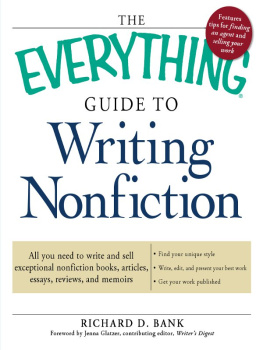
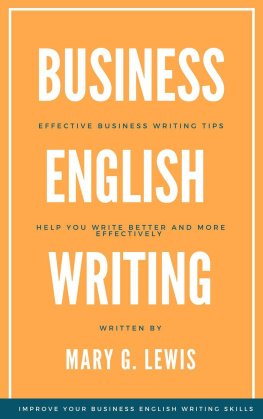
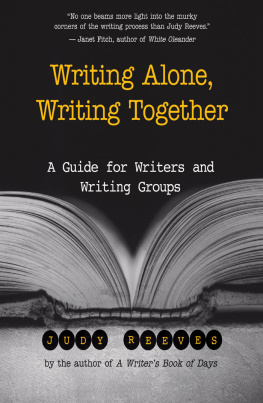
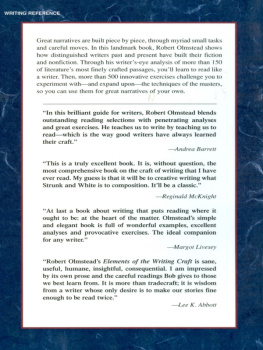
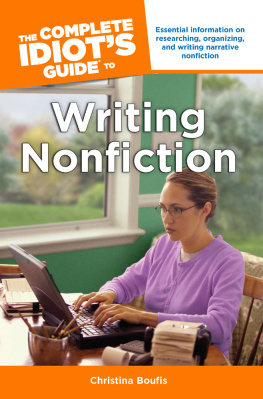
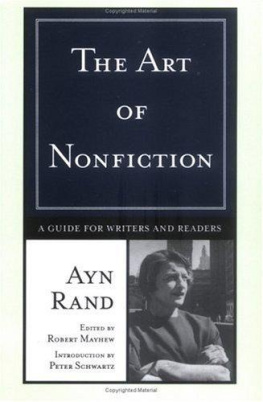
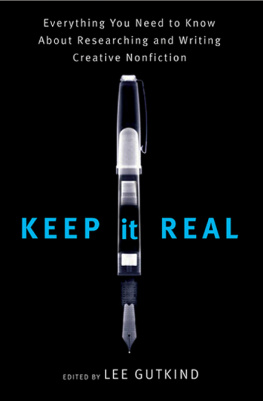
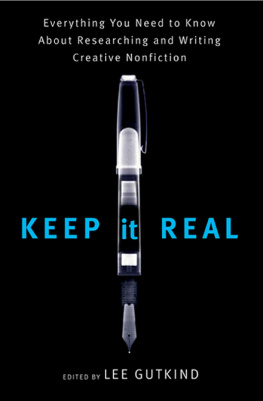
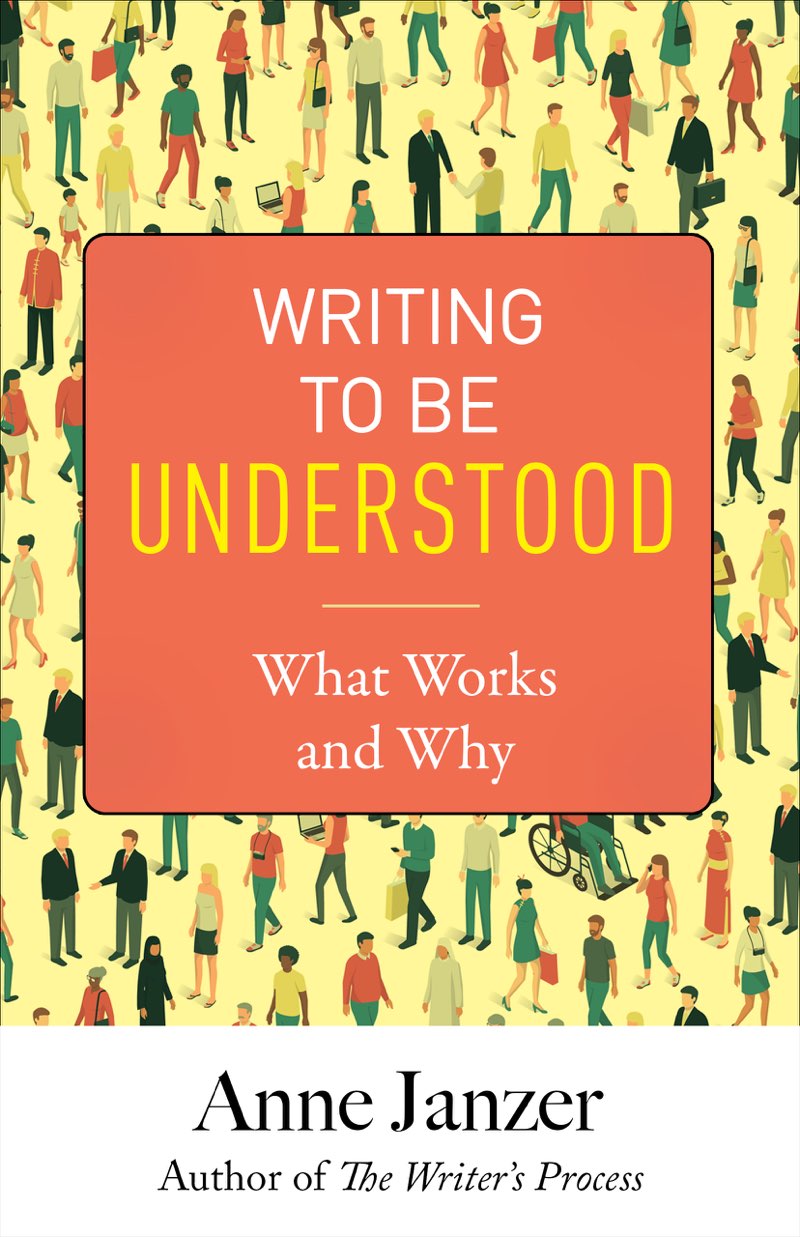


 Created with Vellum
Created with Vellum